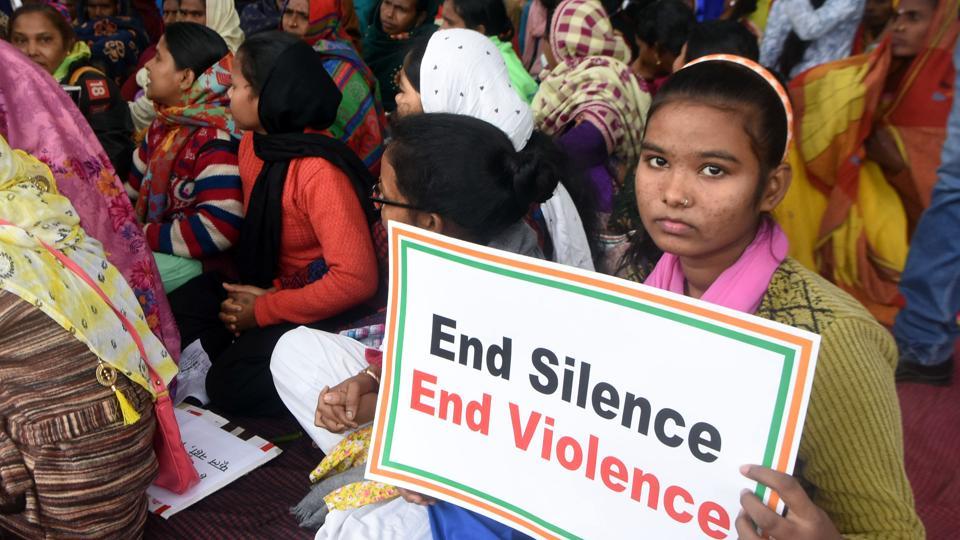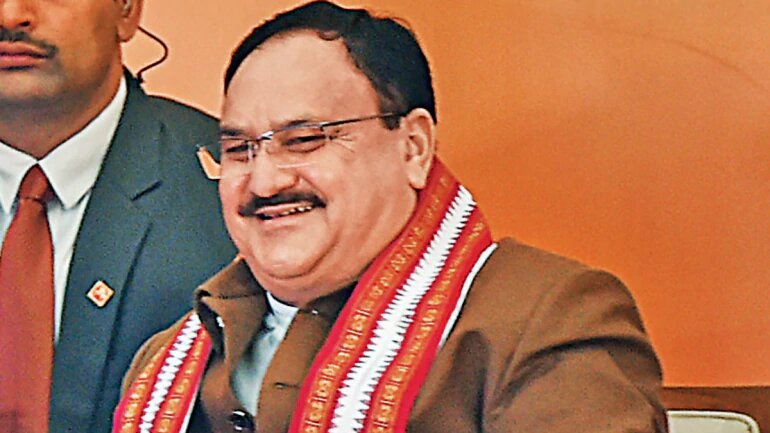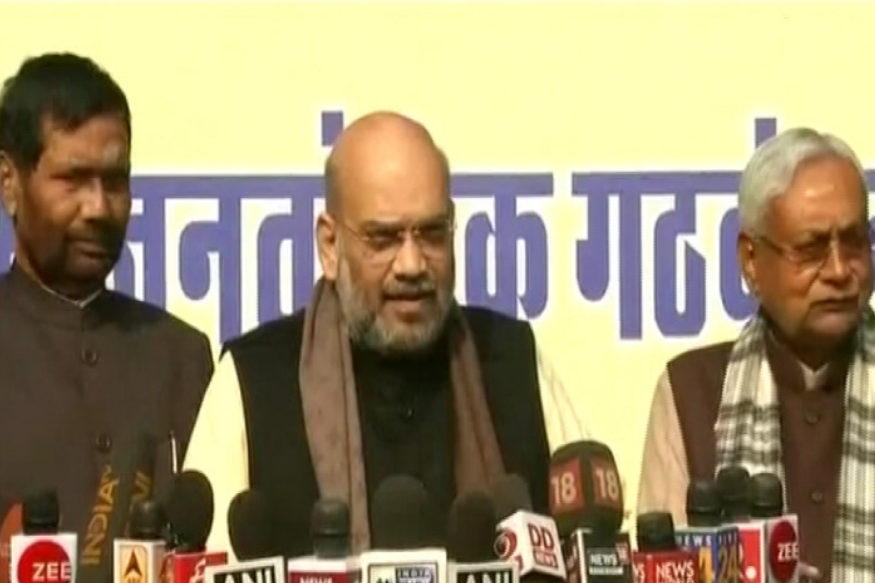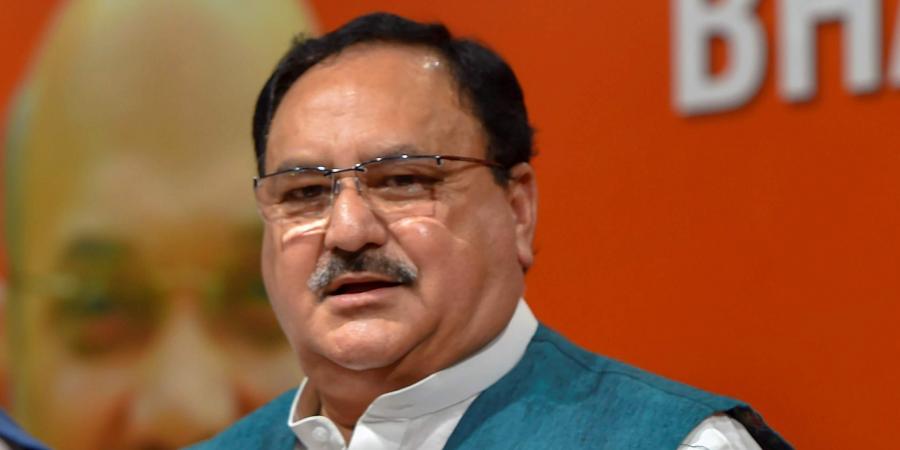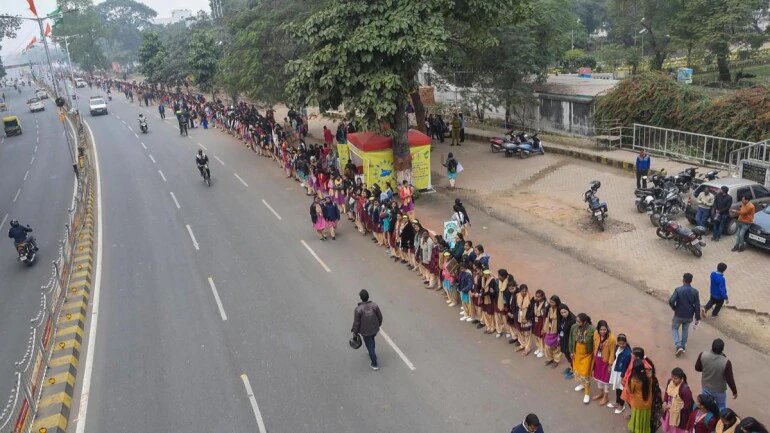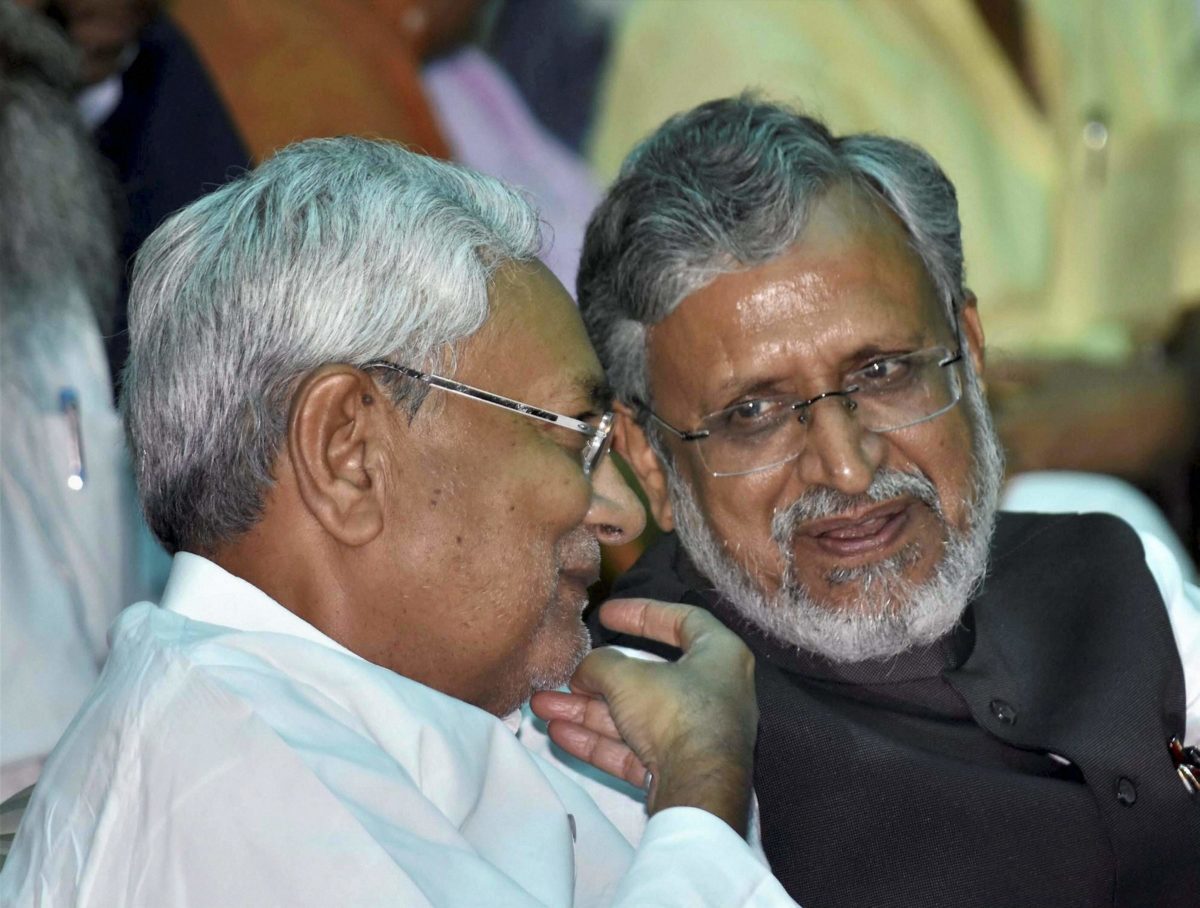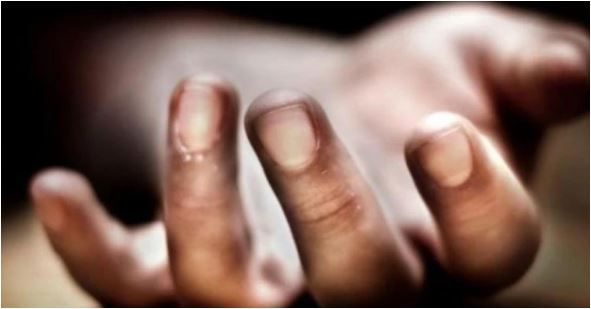Source –
The Bihar Electricity Regulatory Commission (BERC) has approved ₹4.15 (~$0.058)/kWh as the tariff to procure 2 MW of power from floating solar PV projects in Darbhanga.
Floating solar projects have great potential in a state like Bihar, where land acquisition is a challenge.
This tariff was proposed by the Bihar State Power (Holding) Company Limited (BSPHCL) and Bihar Renewable Energy Development Agency (BREDA). The Commission added that the procurement would meet the stipulated long-term RPO trajectory of the DISCOMs.
Earlier, a joint petition was filed by BSPHCL and BREDA for the approval of the tariff. The project is being set up in Darbhanga, and the power is to be purchased by the North Bihar Power Distribution Company Limited (NBPDCL) and the South Bihar Power Distribution Company Limited (SBPDCL).
The Commission has also directed the petitioners to draft the PPA in line with the guidelines for the tariff-based competitive bidding process for the procurement of power from grid-connected solar PV power projects issued by the Ministry of Power (MoP).
The tender for the projects was initially floated on August 22, 2019, and the last date for the submission of bids was September 12, 2019. As there were no bidders, the tender was extended eight times. Finally, four bidders submitted bids on the last bid date, which was October 27, 2019.
After the competitive bidding, the price of ₹4.15 (~$0.058)/kWh, as quoted by Avaada Energy Private Limited, was found to be the lowest price.
The petitioners had claimed that during the year 2019-20 and 2020-21, they would face a deficit of solar power, whereas, in the year 2021-22, they would have surplus solar power. However, in its supplementary submission, BSPHCL revised its calculation and said that the DISOMS would face a shortage of power in all the three years.
The petitioners had also submitted that apart from the Bihar Renewable Energy Policy 2017, the state of Bihar has also started Jal-Jeevan Hariyali Program, which includes promoting solar projects to be installed on rooftops, ground-mounted, and water bodies.
The Commission observed that BREDA had not taken adequate care while floating the tender as certain provisions of the RfP were not in line with the draft PPA. The two inconsistent points were:
- As per the RfP, the developer should commission the project within 12 months of the effective date of the PPA. On the other hand, the PPA mentions that the developer should commission the project within 18 months.
- There is a provision to encash performance guarantee and a reduction in the rate of tariff in the RfP. In case the project is delayed beyond 24 months from the effective date of the PPA, the PPA should be terminated, the document states. However, in the PPA, it is mentioned that the PPA will be terminated if the project is delayed beyond 30 months.
The Commission asked the petitioner to reexamine the draft PPA and ensure that there are no discrepancies from the guidelines.
The Commission also noted that the petitioners had claimed that the price discovered during competitive bidding was lower than the BERC’s FiT (feed-in-tariff) of ₹4.17 ($0.06)/kWh, but the Commission observed that these two could not be compared as the FiT for the FY 2019-20 is applicable only for ground-mounted projects and not floating solar PV projects.
Last year, the state Commission penalized the DISCOM for not fulfilling its RPO shortfall.

